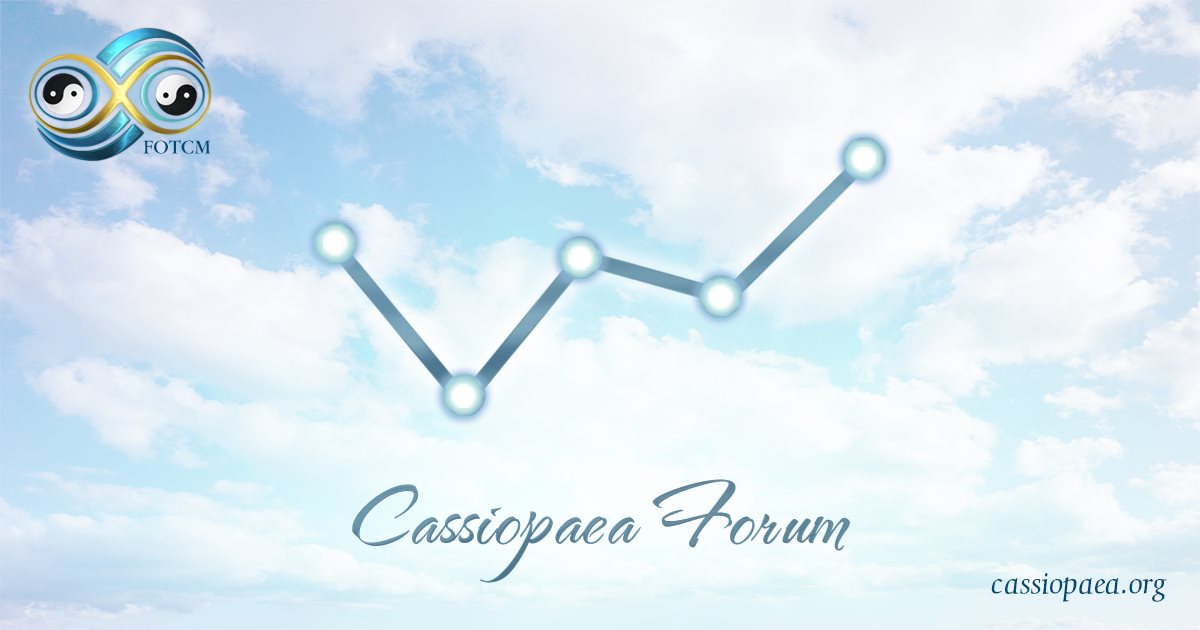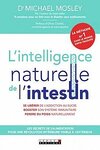Three related videos that could be summed up with "towards a new science" -- in the making !
Universe-Spirit, All is connected or rediscovering the traditional knowledge :
Consciousness put into an equation? Works of Bernardo Kastrup, Donald Hoffman and the theory of "conscious agents"
Scientific research must be decompartmentalized - science and spirituality at the crossroads
00 Intro
02:39 Introduction
05:35 Response to critics
07:45 Artificial intelligence and consciousness
15:25 Consciousness and quantum information
21:02 The extraordinary properties of consciousness
27:20 The dogmas of scientific materialism
32:08 The limits of research organization
40:30 Which science for tomorrow?
46:08 Time in Question
1:00:47 Connecting with oneself
1:02:57 Science and intuition
1:08:29 The limit of mathematical equations
1:10:45 Quantum physics and spirituality
1:17:39 Scientific definition of soul and spirit
1:22:00 The great shift of humanity
1:27:02 Digital identity and social control
1:32:32 Free will and natural rights of living beings
1:34:05 A free currency
1:37:10 Carte blanche - going your own way









